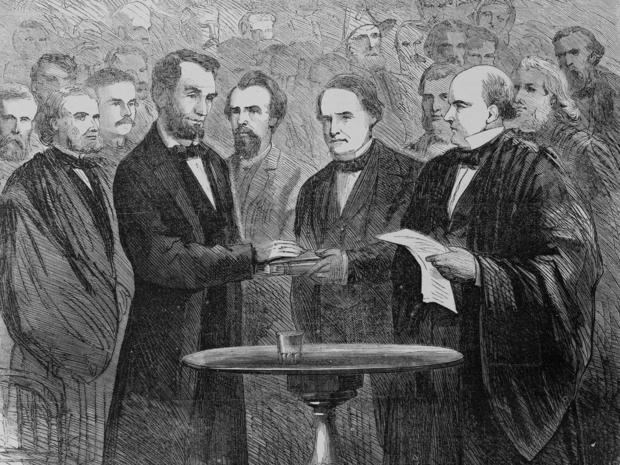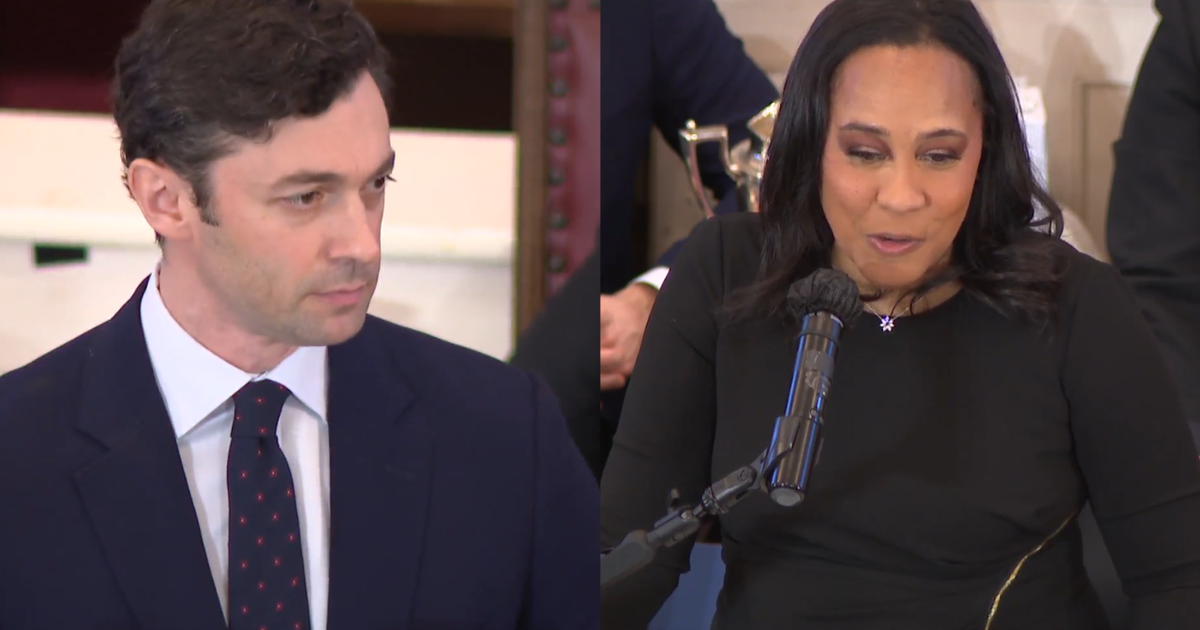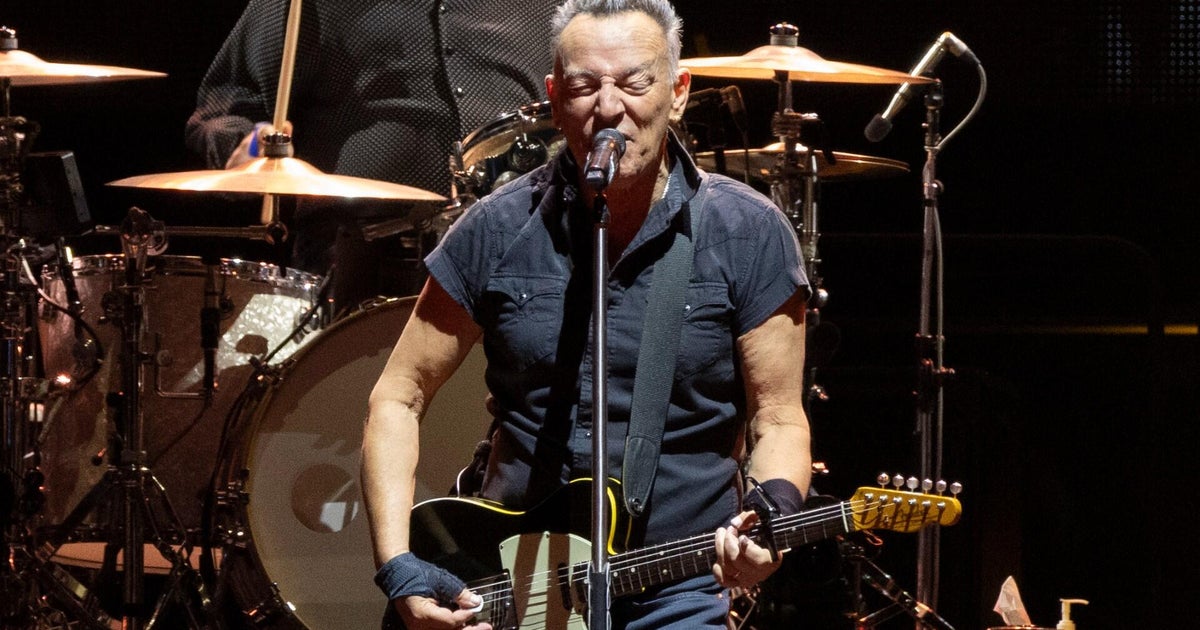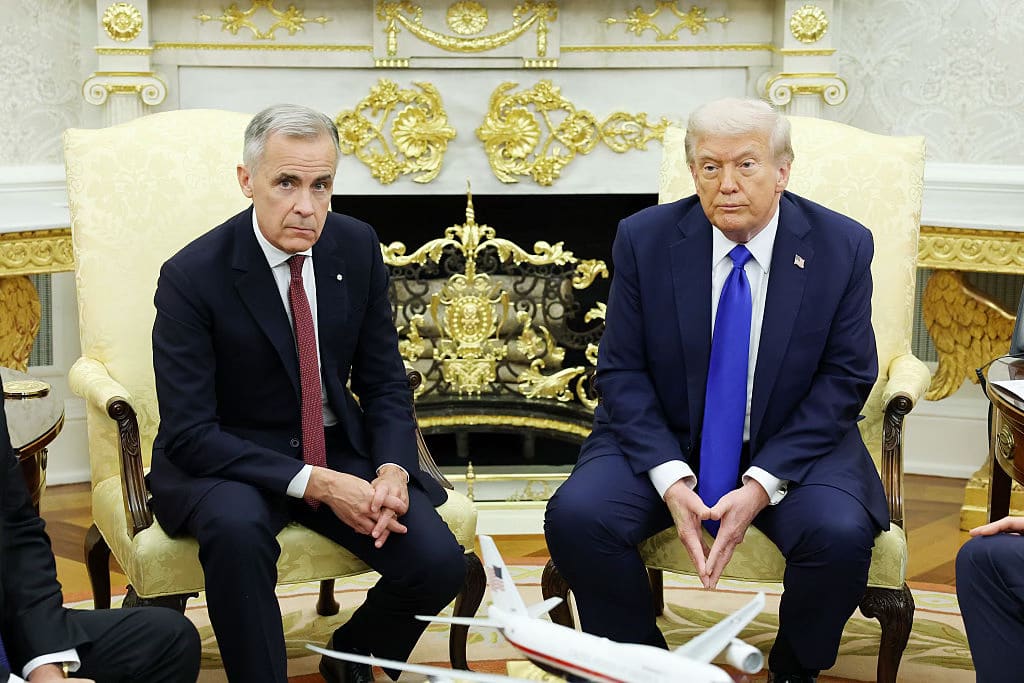Peggy Noonan on inaugural addresses
Much is riding on what Donald Trump says in his Inaugural Address on Friday. For some perspective, we turn to our friend, Wall Street Journal columnist Peggy Noonan, who herself was once a speechwriter to presidents:
President Bill Clinton: “Each generation of Americans must define what it means to be an American.”
President Lyndon B. Johnson: “We are one nation and one people.”
Preident Franklin D. Roosevelt: “This great nation will endure as it has endured.”
A presidential inauguration marks an American glory: the peaceful transfer of power in the world’s oldest continuing democracy.
For new presidents, the address is a chance to show your stuff -- to say, “This I believe, this we believe, here is my intention, my hope.” A new president wants to show he’s equal to the moment. Sometimes they buckle under the rhetorical pressure, sometimes not.
You can trace a lot of history reading inaugural addresses.
Thomas Jefferson’s second inaugural showed some considerable self-regard. He felt that in his first administration he’d made a lot of wise decisions. But what takes you aback is his withering dislike of the media. He said, “The artillery of the press has been leveled against us.” He accused them of “falsehood,” and said they deserved “punishment.”
Abraham Lincoln, all acknowledge, gave the great inaugural masterpiece. It was his second address, and it was brief. After four years of war and endless talk, there was “little new” to be said, and he summed up the reason for the war in a single sentence that was itself a masterpiece of compression:
“Both parties deprecated war, but one of them would make it rather than let the nation survive, and the other would accept war rather than let it perish, and the war came.”
And of course, his famous ending: “With malice toward none, with charity for all.”
Reading Lincoln’s Second Inaugural Address it is like hearing a friend thinking aloud, only your friend is a genius.
For me, when I think of the first statements of a president on becoming president, I think of two things.
One is what Harry Truman said after he was sworn in, in a thrown-together ceremony at the White House. It was April 1945, Franklin Roosevelt had died suddenly of a stroke. The next day. Truman came upon some reporters. He said, “Boys, if you ever pray, pray for me now … When they told me yesterday what had happened, I felt the moon, the stars, and all the planets had fallen on me.”
Three years later he would be elected president, inaugurated, and give an address. It was fine, but nothing quite close to the eloquence of that earlier day.
The words I remember most come from JFK’s first, and only, inaugural address, in January 1961. They are not the most famous words he spoke that day; It’s the last sentence of the speech:
“Let us go forth to lead the land we love, asking His blessing and His help, but knowing that here on Earth, God’s work must truly be our own.”
Most all of us, hearing that today, would probably say, “Yes,” and “Agreed,” and “How lovely.”
- Passing the torch to a new generation (“Sunday Morning”)
For more info:




